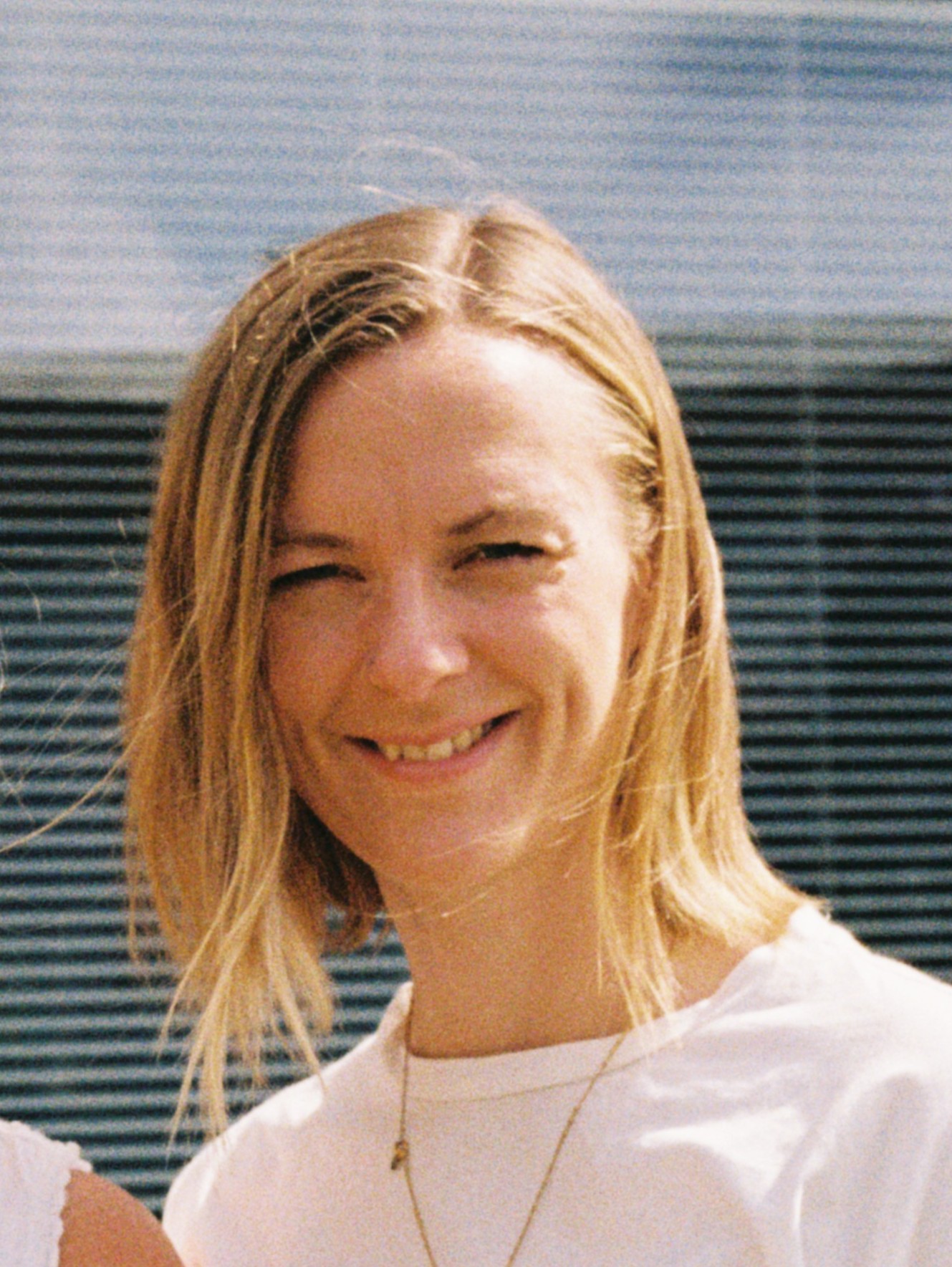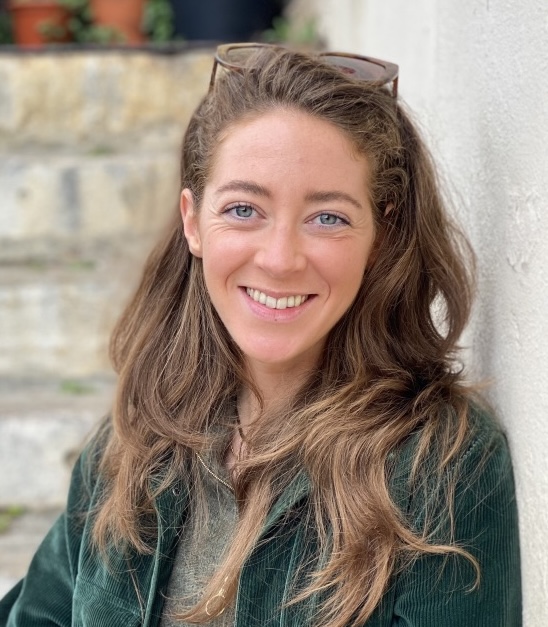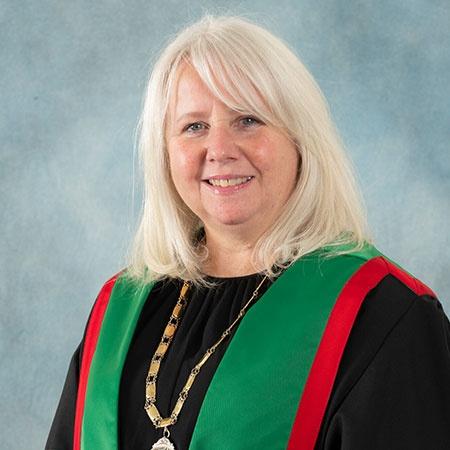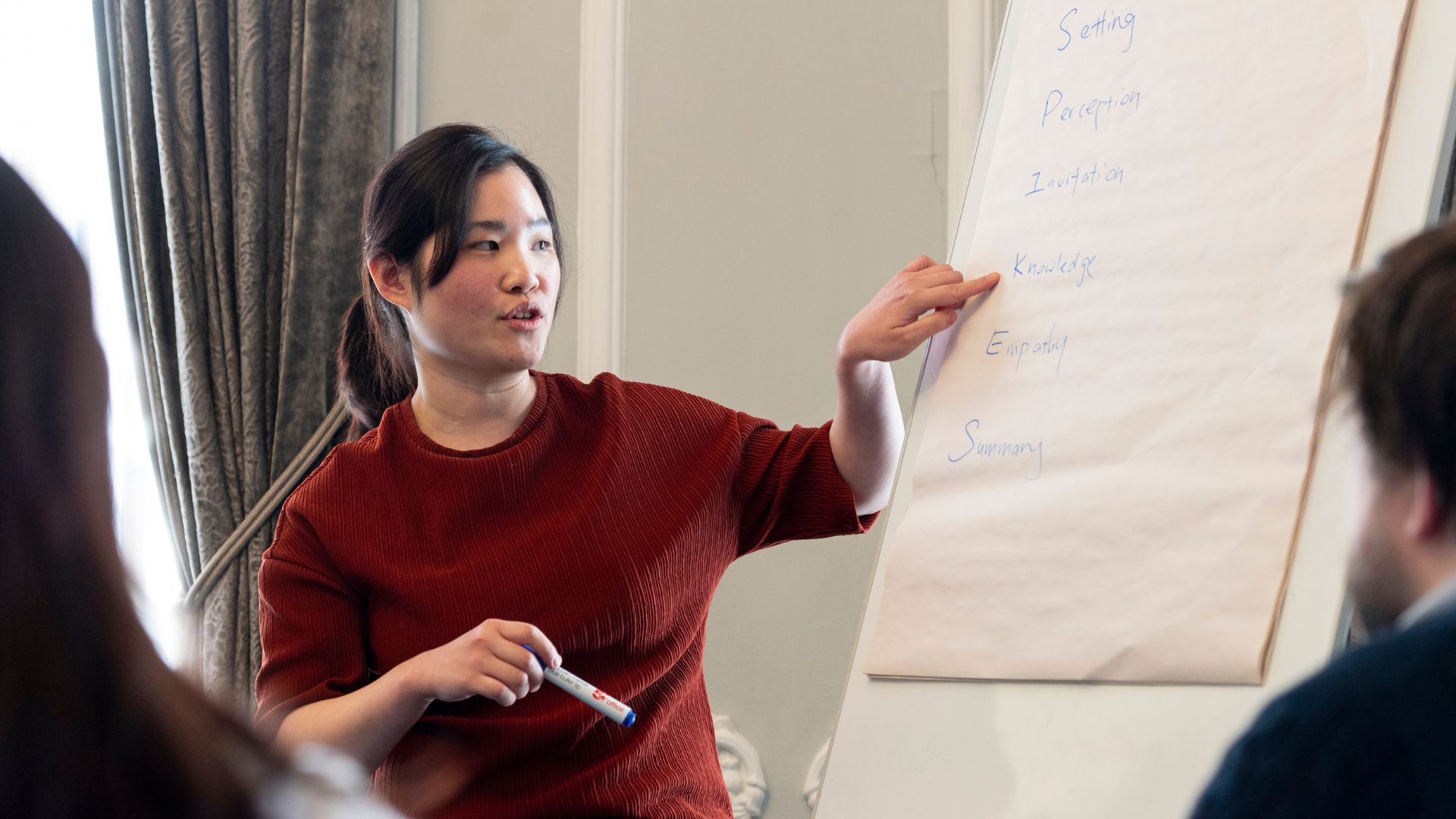A new course designed to help tackle ‘disturbing’ levels of sexual misconduct in healthcare has been launched by the Royal College of Physicians and Surgeons of Glasgow.
The tailored active bystander training has been developed by two Scottish Clinical Leadership Fellows – surgeon Anna Bleakley and dentist Katharine Dunn - and is believed to be the first of its kind.
It follows the publication of the ‘Breaking the Silence’ report into sexual misconduct by the Working Party on Sexual Misconduct in Surgery in September 2023. Its survey of the surgical healthcare workforce in the UK and Ireland found that two thirds of female respondents (63.3%) had been the target of sexual harassment from colleagues, along with almost a quarter of men (23.7% percent).
Almost 30% of women reported being the target of sexual assault in the last five years.

Anna Bleakley (pictured right), Scottish Clinical Leadership Fellow at the College and a Core Surgical Trainee at NHS Greater Glasgow and Clyde, said: “We were disturbed to hear of the scale of inappropriate behaviour in healthcare detailed in the Working Party on Sexual Misconduct in Surgery’s report.
“We know that this is problem across healthcare, not just in surgery, and urgent action is needed to address barriers which prevent people from getting the support they need. Our course aims to help health professionals to recognise what inappropriate behaviour and misconduct looks like and how individuals can make a difference, even in a small interaction.
“When we looked at the training available, we could see helpful courses, but nothing that was tailored to the healthcare environment. The feedback from our pilot courses was extremely positive and we’re delighted to be able to offer it more widely.”

Katharine Dunn (Pictured left), Scottish Clinical Leadership Fellow at the College and a Specialty Registrar in Restorative Dentistry at Edinburgh Dental Institute, said: “Inappropriate behaviours are often witnessed by others but are left unchecked owing to the ‘bystander effect’. Sometimes this is a feeling that someone else will step in, or perhaps a lack of confidence – or just not having the right words – to address an inappropriate behaviour in that moment.
“The course gives participants the practical skills to become active bystanders, helping to support culture change and prevent small behaviours escalating to potentially bigger ones.”

The development of the course has been supported by Professor Christine Goodall, Vice President (Dental) and Dean of the College’s Faculty of Dental Surgery. Professor Goodall was the College’s representative on the Working Party on Sexual Misconduct in Surgery.
The course forms part of the College’s 10-point action plan on sexual misconduct launched in March 2024 and led by Professor Goodall, which includes education and training, strengthening the code of conduct, and supporting cultural change.
She said: “Royal Colleges can play a leadership role in encouraging safer working environments for the Fellows and Members we serve, as well helping to drive the change that is needed in society more generally.
“It’s encouraging to see the work that has been done in the NHS since publication of the report, but there is still much more to do.
“I’m very proud of the work our Scottish Clinical Leadership Fellows have carried out to support colleagues at all stages of their careers.”
The interactive workshops include a mix of presentations and group discussions, and take place in Glasgow, with spaces available in September, October and November 2025. The course is being sponsored by the College, meaning there is no charge to attend, except a £15 administration fee.
Designed to facilitate peer-to-peer learning, the College is also exploring an expansion of this training programme across the UK.
Health professionals who wish to attend the active bystander training course are invited to book their place on the Royal College website.

